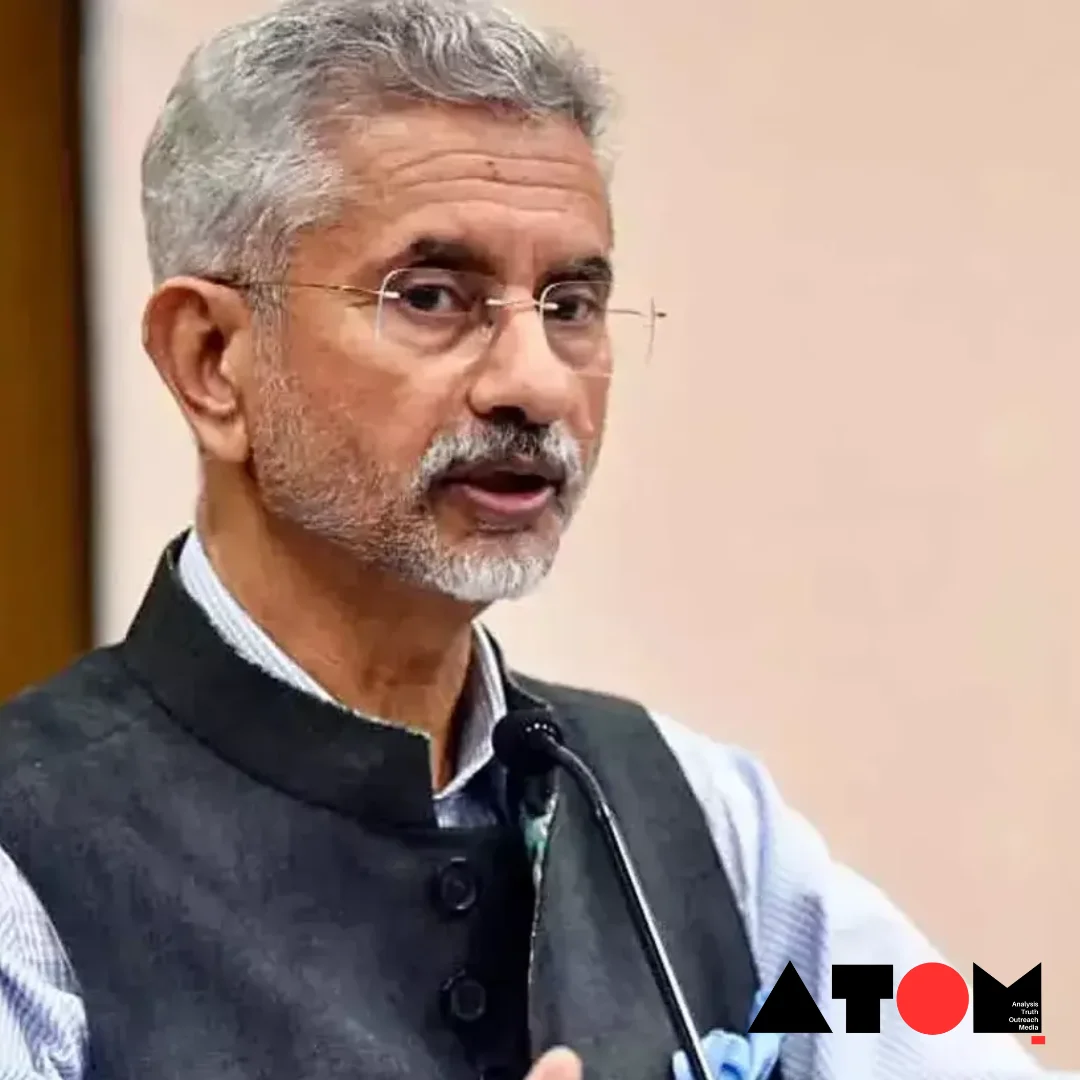S Jaishankar’s Assertive Stance on China
External Affairs Minister S Jaishankar has stressed India’s robust and confident foreign policy approach, notably toward China. In an interview with the Hindustan Times’ R Sukumar and Shishir Gupta, Jaishankar emphasized the Modi government’s leadership in navigating difficult international settings, as well as India’s clear and confident positions on global issues, with a particular focus on China.
Forward Deployment Along the LAC
Addressing the situation with China, Jaishankar stated that both countries have remained forward deployed along the Line of Actual Control (LAC), with increasing soldiers and armaments since 2020. He blamed the escalation on China’s initial steps, to which India retaliated in kind. “The situation on the LAC is that both of us today remain forward deployed, which means we are deployed well ahead of our traditional bases and camps,” Jaishankar said. “Secondly, we are deployed in far bigger numbers than before 2020. They initiated it, and we replied, thus they bear responsibility.”
Resolving Patrolling Issues and De-escalation
The priority today, he said, is on resolving patrolling difficulties and de-escalating tensions, so that both countries can resume their customary patrolling patterns. Jaishankar emphasized the need of resolving these concerns in order to calm the situation along the border.
Criticism of Past Indian Leaders
Jaishankar also chastised earlier Indian leaders, particularly Jawaharlal Nehru, for how they handled territorial disputes with China. He offered particular examples, such the Chinese occupation of Longju and the construction of a bridge near Pangong Tso, both of which occurred during Nehru’s term. “Model Village – Are the Chinese constructing these model villages? Yes. Longju is the village that has sparked controversy.According to the records of the Indian Parliament and any book on our border conflict with China, the Chinese occupied Longju in 1959 and held a debate with them. In 1962, the Chinese returned, this time capturing and holding the entire territory. In 1959, Pandit Jawaharlal Nehru told Parliament, “I’m sorry, but it’s out of my hands,” Jaishankar explained.
China’s Infrastructure Developments in Contested Regions
Jaishankar went on to highlight China’s infrastructure expansions in contested territories, stating that the construction of a bridge near Pangong Tso Lake and roads in the Shaksgam Valley presented substantial strategic concerns. “A bridge is being built on the north side of Pangong Tso Lake. You might check at the location of the bridge; it is close to a place called Khurnak, or Khurnak Fort. The Chinese came to Khurnak Fort in 1958, and they illegally occupied that area of Pangong Tso, that segment, during the 1962 conflict,” Jaishankar said.
Modi Government’s Leadership in Foreign Policy
Jaishankar lauded the Modi government’s “experienced, sober, practical, grounded, but courageous” foreign policy stance, asking voters to back Prime Minister Narendra Modi for long-term stability. He observed that foreign policy has become more important to domestic audiences, with citizens displaying an increased interest in international concerns and India’s global stature.
Opposition Criticism and Jaishankar’s Response
Jaishankar downplayed opposition criticism of China’s efforts in Arunachal Pradesh and Ladakh, attributing the current situation to decisions made by previous Indian administrations. “The Congress party has been using cunning doublespeak. On the one hand, Rahul Gandhi would meet the Chinese ambassador covertly while Doklam is ongoing. “On the other hand, they claim to be great nationalists outside,” Jaishankar stated.
Read more: Marketing News, Advertising News, PR and Finance News, Digital News





